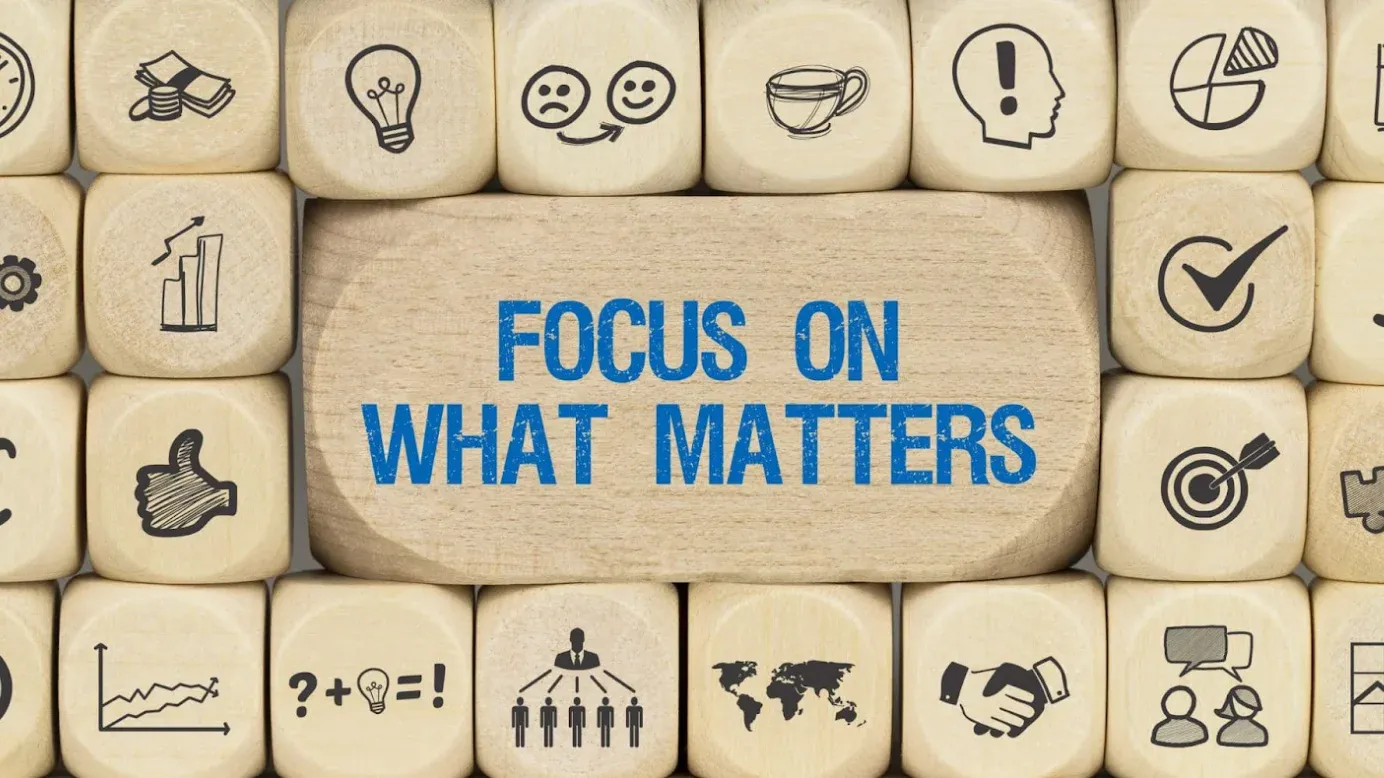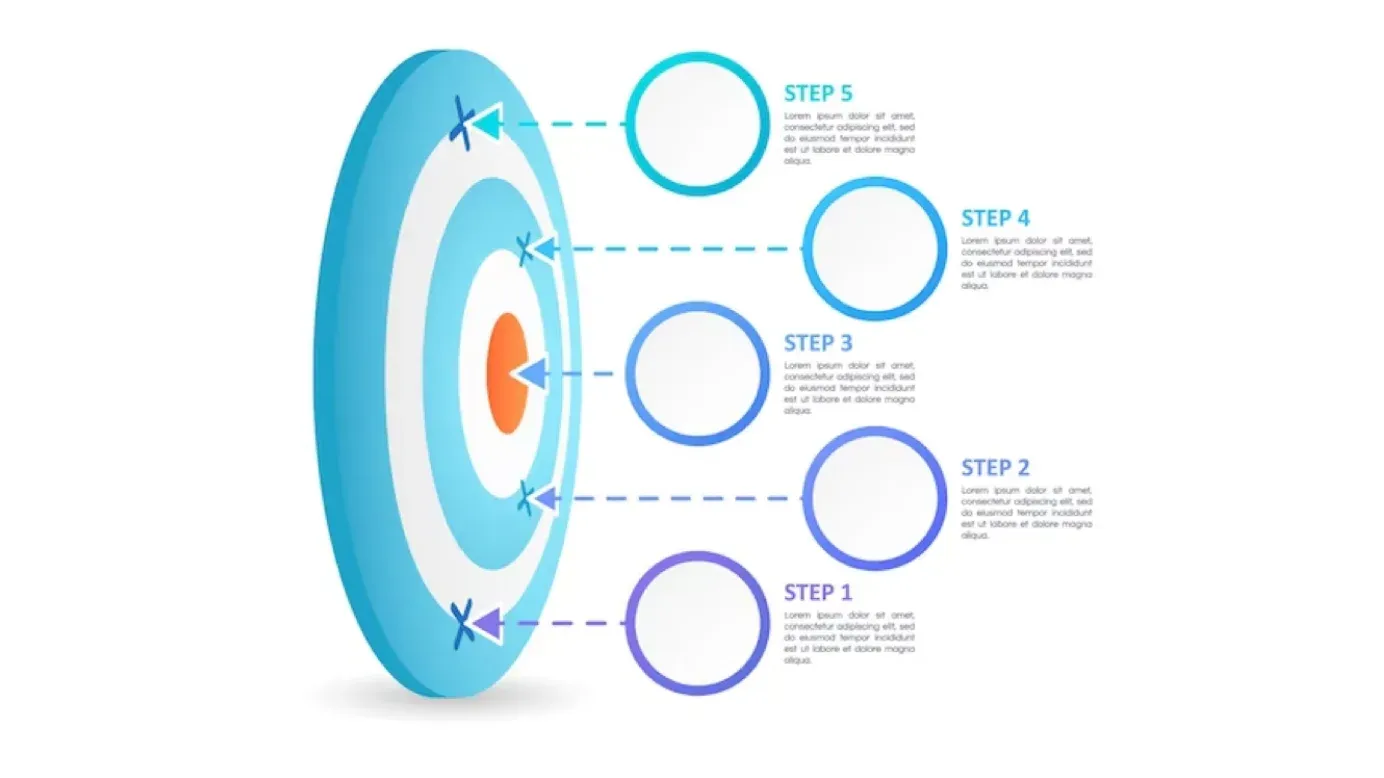Auf dieser Seite
Sales presentation tips entail useful pieces of practical advice that help you sail through the cut-throat competition. Wondering how? Let’s understand with an example.
Imagine that you require a few manufacturing units for your business and are sitting in a sales presentation regarding one. However, you are not sure if you will be purchasing one soon.
Then, as the lights dim and the presenter steps on the stage. She leverages sales presentation best practices and captures your attention with a compelling narrative. She paints a vivid picture of a scenario familiar to anyone in your industry: the struggle to balance efficiency and quality in production. She describes a factory floor buzzing with activity but plagued by bottlenecks, delays, and a growing sense of frustration among the workforce.
Intrigued, you lean in, eager to hear how her solution can address these challenges. She recalls the sales presentation tips she learned in her corporate journey and seamlessly transitions into the heart of her slideshow by introducing the product - a state-of-the-art manufacturing automation system. She likens the system to a finely tuned orchestra with a simple and relatable analogy, where every instrument plays its part in perfect harmony.
To drive her message home, she employs one of the effective sales presentation best practices. She includes powerful visual aids and displays side-by-side comparisons of production lines before and after implementing the system. You can imagine how this transformation could revolutionize your own factory floor.
She concludes the presentation, leaving you with a sense of excitement and possibility. Reflecting on the presentation, you realize her approach was a masterclass in effective sales techniques. Through storytelling, empathy, and a deep understanding of your needs, she transformed a simple presentation into a transformative experience that left you inspired, informed, and ready to take action.
Do you also wish to learn sales presentation best practices that can transport your audience from a mundane meeting room to a world of possibilities and help you close infinite deals?
Here are some of the best sales presentation tips to help you do so.
7 Sales presentation best practices for 2023
Here are 7 sales presentation tips you must use in your next presentation.
1. Commence with a compelling product story
Every great presentation begins with a narrative that instantly gets the audience on their toes and captivates them. You can weave an intriguing story around what encouraged you to think of the product (about which you are presenting), what challenges you faced, and tactics you used to overcome them. You can also create an awe-inspiring narrative reflecting your product vision.
For instance, when it comes to sales presentations, there is no better storyteller than the tech giant, Apple. Whenever the company launches a new product, it begins with a compelling product story that persuades the audience to make a purchase.
Right from talking about its innovative design and features to emphasizing the amount of research that went behind it, the company builds massive hype and establishes an emotional bonding with the audience, ultimately converting them from passive listeners to active buyers.
2. Focus on values, not features

While it is tempting to inundate your audience with a long list of product features, it is essential to focus more on the values of your product and convey the impact that it makes.
Let us understand with the help of an example- consider that you’ve recently launched a splendid collection of clothing items, where each design is unique and one of a kind. Every article has flexible fittings, adjustable lengths, and best-quality fabrics. However, merely listing these points can leave the audience feeling overwhelmed.
Instead, you can draw their attention towards how impactful your articles are- talk about their sustainable fabrics, hand-crafted patterns and stitching, and how each garment has empowered artisans and their families.
By associating values with your features, you shift the focus from technical aspects to the real-world impact of your creation.
3. Understand the pain points of your audience
The foundation of a persuasive sales presentation is knowing the challenges being faced by your audience. Research their problems and analyze how you can position your product as the perfect solution for the upheavals in their life. Addressing immediate concerns is key to understanding how to start a presentation. Position your product as the solution from the outset.
For instance, if you are selling inventory management software, begin with how most businesses are crippled with losses due to poor stock and order management. Allow your audience to understand the problem and weave a narrative around how these challenges can be solved by simply putting your product into use. Show them the power of your creation, and help them understand its unique propositions.
4. Encourage interaction and participation

There is nothing that distracts an audience more than a one-sided presentation. Thus, even though it seems like a daunting task, it is crucial to keep them engaged and involved throughout.
You can do so by integrating live polls and trivia questions, conducting group discussions, and even presenting product demonstrations on stage. Such activities will enable your viewers to stay invested and allow them to retain the information that you’ve presented for a much longer time.
5. Harness the Power of Visuals and Graphics

Break the monotony of texts and data by incorporating mesmerizing images, videos, graphics, etc., into your slides. Visuals help break intricate information into simpler pieces, making the presentation easier to follow.
However, we understand that crafting such stunning creatives from scratch can be quite burdensome and consume much of your time. Thus, we suggest using expert-designed PowerPoint slides that can be easily added to your existing presentation and customized completely.
6. Generate trust with client testimonials
In a world overloaded with misleading information and data, it is crucial to build credibility and get your target customers to trust you and your products. Thus, one of the most effective ways to establish such stature is by showcasing testimonials of satisfied customers.
By including real success stories of your clients and showing how your offerings have helped them, you can build a strong rapport and convey the strength of your product or service. You can even convince the toughest clients by doing so and close innumerable deals!
7. End with a clear call to action
As you conclude your presentation, it is extremely crucial to guide your audience toward the next step and end with a strong call to action. Show how they can contact you after the session, send them a link to buy your services, offer a mindblowing discount coupon to generate sales immediately, etc. Your CTA should be straightforward, clear, and actionable.
Examples of some amazing sales presentations
1. Uber
Uber is a renowned American transportation company that provides taxi/cab services.
Its one of the sales presentations is a perfect example of how to make content quickly scannable for the audience. The presentation focuses on the value proposition of the company.
It also reflects how businesses can benefit by partnering with Uber. The points are backed by customer testimonials that add credibility to the presentation.
2. Zuora
Zuora is a US-based company that offers software solutions to companies to empower them to manage their subscription-based services.
In one of its sales presentations, Zuora has leveraged the power of visual storytelling to engage the audience. The story begins with a reality followed by a question (that the audience wants to answer). Moving ahead, there are some connecting dots and a common thread to make the presentation more tactical and engrossing.
3. LinkedIn Sales Navigator
The LinkedIn Sales Navigator’s presentation is a good example of how you can make your sales presentations distinguished and stand out by thoughtful use of colors. A CTA is provided in the last slide to encourage the audience to take action.
Schlussfolgerung
In a world of cut-throat competition and thriving businesses, presenting your product or service in an intriguing manner is extremely crucial. Not only can it determine the growth of your organization, but it also impacts your credibility as an industry player.
Remember, every memorable sales presentation blends compelling narratives, value-driven content, customer stories, and concrete facts and figures. We hope this sales presentation best practices help you curate your next slideshow effectively!
FAQs
1. What is a sales presentation?
A sales presentation is a formal communication method employed by sales professionals to present a product, service, or solution to potential customers. Its primary objective is to persuade the audience to make a purchase or take a desired action. This can be done in person, over the phone, or through digital means such as webinars or slide shows.
2. How should you begin your sales presentation?
You should begin your sales presentation by grabbing the audience's attention. This can be achieved by:
- Sharing a compelling statistic or fact.
- Telling a relevant story or anecdote.
- Asking a thought-provoking question.
- Stating a common problem that your product or service can address.
It's also crucial to introduce yourself, state the purpose of the presentation, and give an overview of what you will cover, setting clear expectations for the audience.
3. What should be included in a sales presentation?
A comprehensive sales presentation should include:
- Introduction: Briefly introduce yourself and your company.
- Attention grabber: A compelling story, fact, or question to engage the audience.
- Need or problem: Highlight the problem or need that your product or service addresses.
- Solution: Detail how your product or service solves the problem or meets the need.
- Features and benefits: List the main features of your product or service and the benefits they offer.
- Testimonials and case studies: Show proof of satisfied customers or successful implementations.
- Pricing and packages: Clearly outline the cost, packages, or options available.
- Objection handling: Address common objections or concerns proactively.
- Call to action: Clearly state what you want the audience to do next, whether it's to purchase, schedule a follow-up, or ask questions.
- Conclusion: Sum up the key points and thank the audience for their time.
4. How long should a sales presentation be?
The length of a sales presentation can vary based on the context and the audience. In general, it's essential to keep the presentation concise and engaging. A good rule of thumb is to aim for 20-30 minutes, but this can be shorter or longer based on the complexity of the product or service and the audience's prior knowledge. Always allow time for questions and discussion.
5. How to make a sales presentation?
To make an effective sales presentation:
- Research: Understand your audience's needs, desires, and potential objections.
- Structure: Organize your content logically, starting with a compelling introduction and ending with a strong conclusion.
- Engage: Use visuals, stories, and examples to make your points more relatable and memorable.
- Practice: Rehearse your presentation multiple times to refine your delivery and anticipate questions.
- Gather feedback: Before the final presentation, consider doing a run-through with colleagues or friends to gather feedback and make necessary improvements.
- Use technology: Utilize presentation software (like PowerPoint, Keynote, or Prezi) to enhance the visual aspect of your presentation. Ensure that the slides complement your talk, not replace it.
- Be interactive: Engage the audience with questions, discussions, or interactive elements to maintain interest and gauge their understanding.




